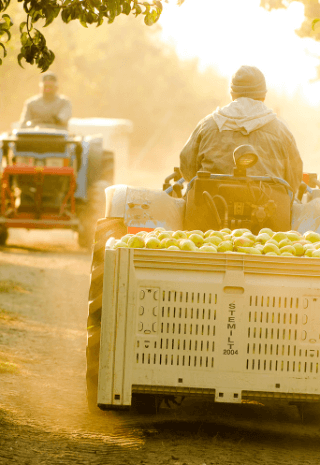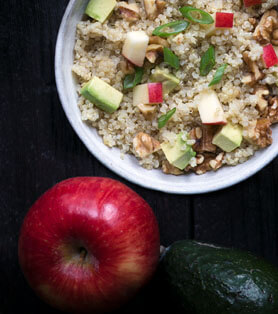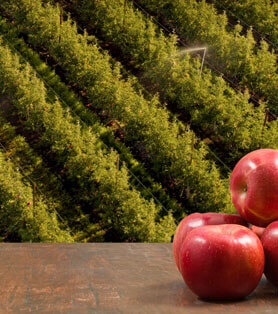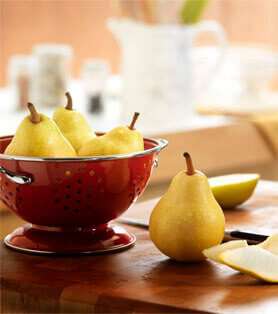Organic isn’t just a thing we do. It’s what we do.
Three decades ago, people doubted their food. They had a hard time believing where their food came from or even how it was grown. Stemilt founder, Tom Mathison, recognized this distrust and knew he had a void to fill. That’s when he realized the power of organics.
Tom transitioned many acres of apples to organic production back in 1989 and ultimately set Stemilt on a path to become a leader in organic fruits today. Our Artisan Organics™ program has evolved over the years. We grow apples, pears, cherries, peaches, nectarines, and apricots organically. In fact, Artisan Organics™ fruits are making their way to you every day of the year!
Beyond simply growing organically, Tate Mathison, fifth generation grower and sales director at Stemilt, has focused on increasing Artisan Organics™ availability of high-flavor apple varieties, including Honeycrisp, SweeTango® and Piñata®. He wants to delight organic apple lovers with flavor and freshness.
Organic isn’t a trend for us at Stemilt. Organic represents a lifestyle that people like you crave and one we are happy to contribute to, so you can live your fullest life.

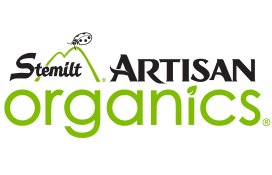
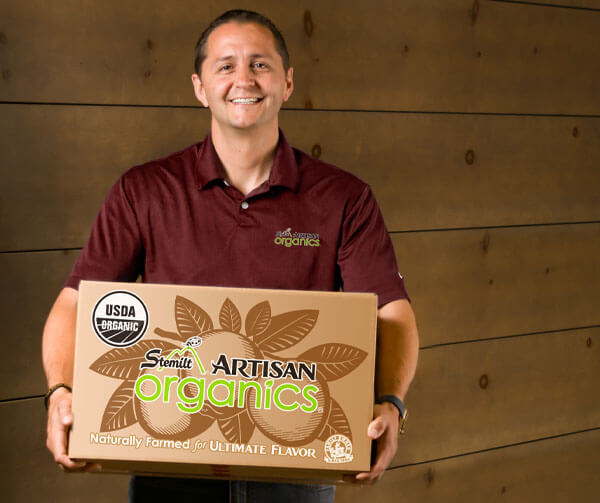
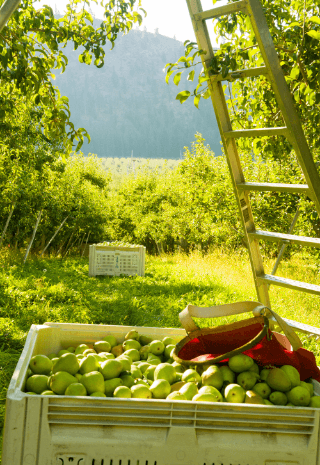
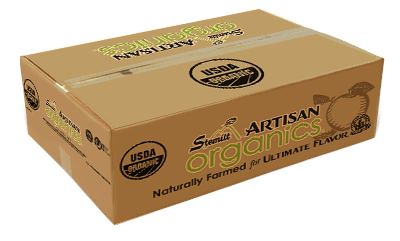 You might wonder how we maintain the organic nature of fruit after it leaves the farm. Well, our packing facilities are also certified to handle organics. At harvest, we place organic fruit into specially marked plastic bins. Fruits like cherries and stone fruits are packed almost immediately on a dedicated organic packing line. It’s easy to pack peaches and nectarines on a dedicated line because our entire crop is organic!
You might wonder how we maintain the organic nature of fruit after it leaves the farm. Well, our packing facilities are also certified to handle organics. At harvest, we place organic fruit into specially marked plastic bins. Fruits like cherries and stone fruits are packed almost immediately on a dedicated organic packing line. It’s easy to pack peaches and nectarines on a dedicated line because our entire crop is organic!